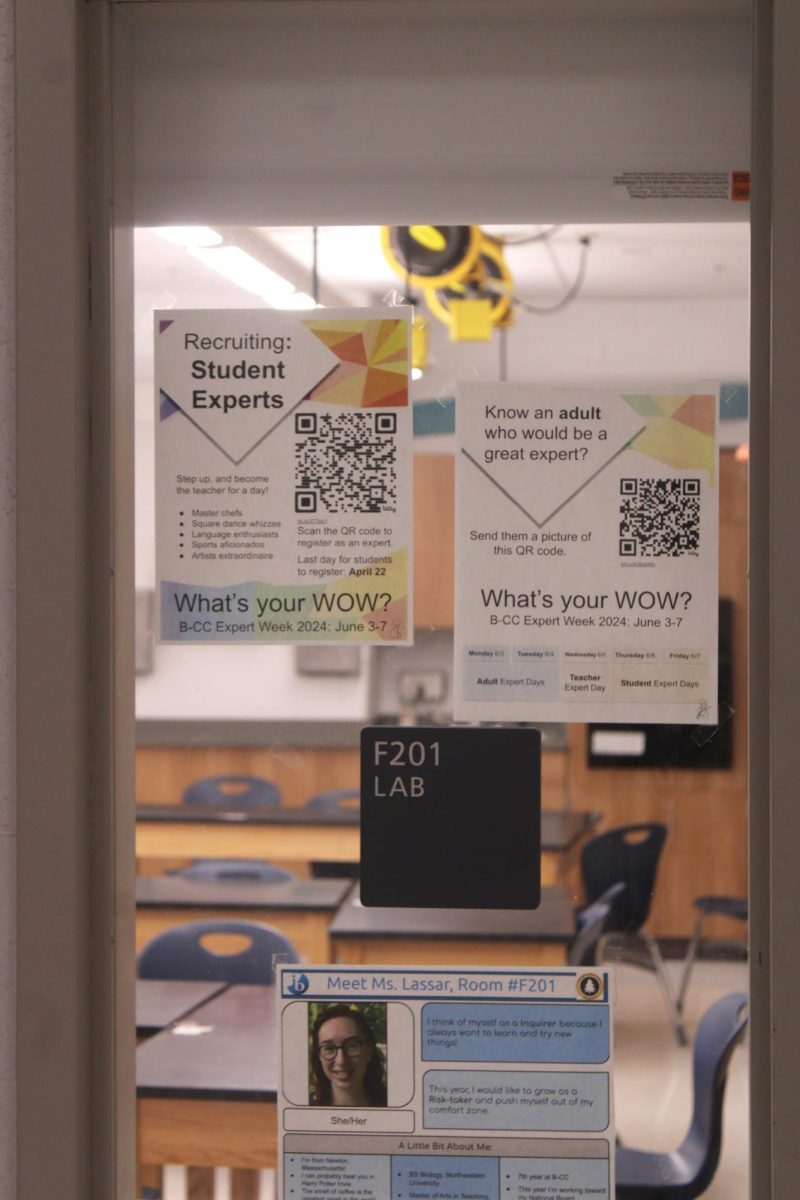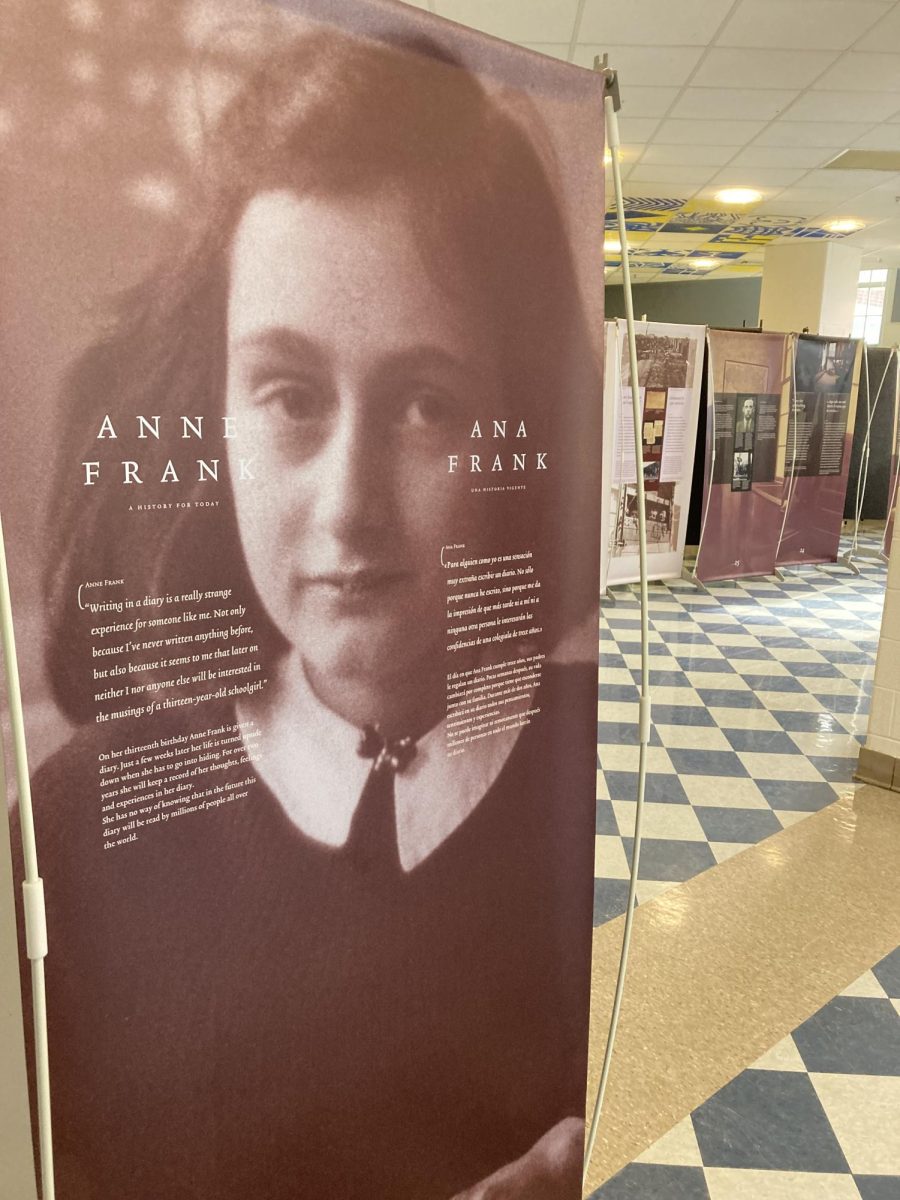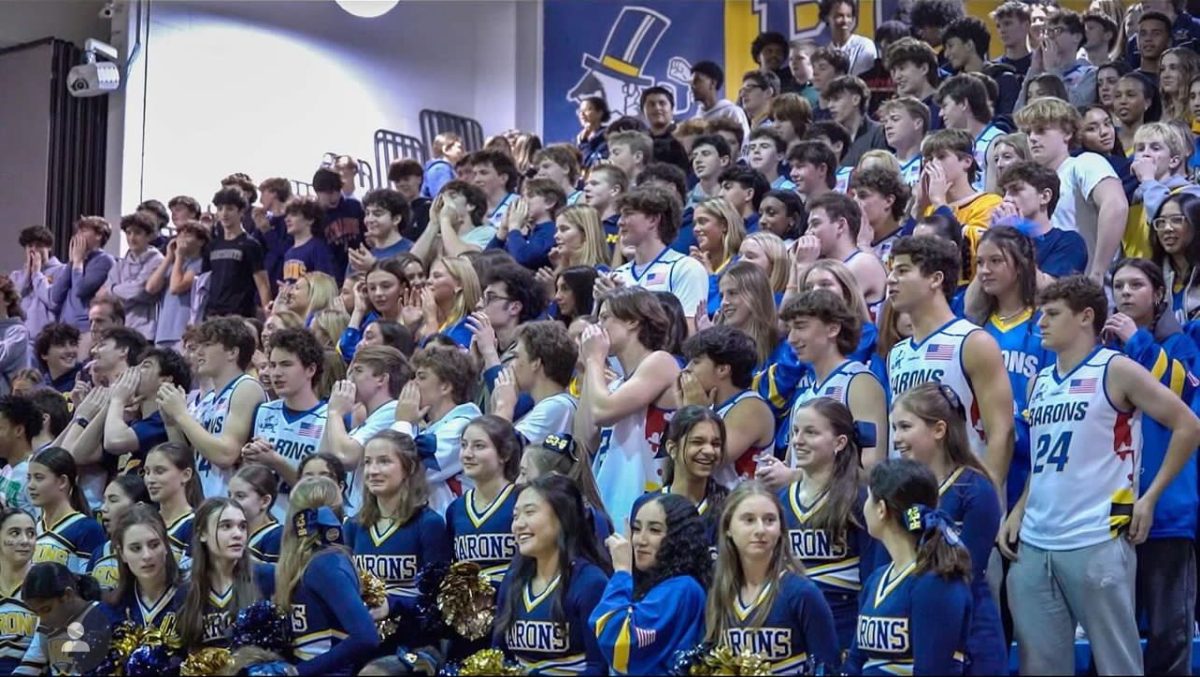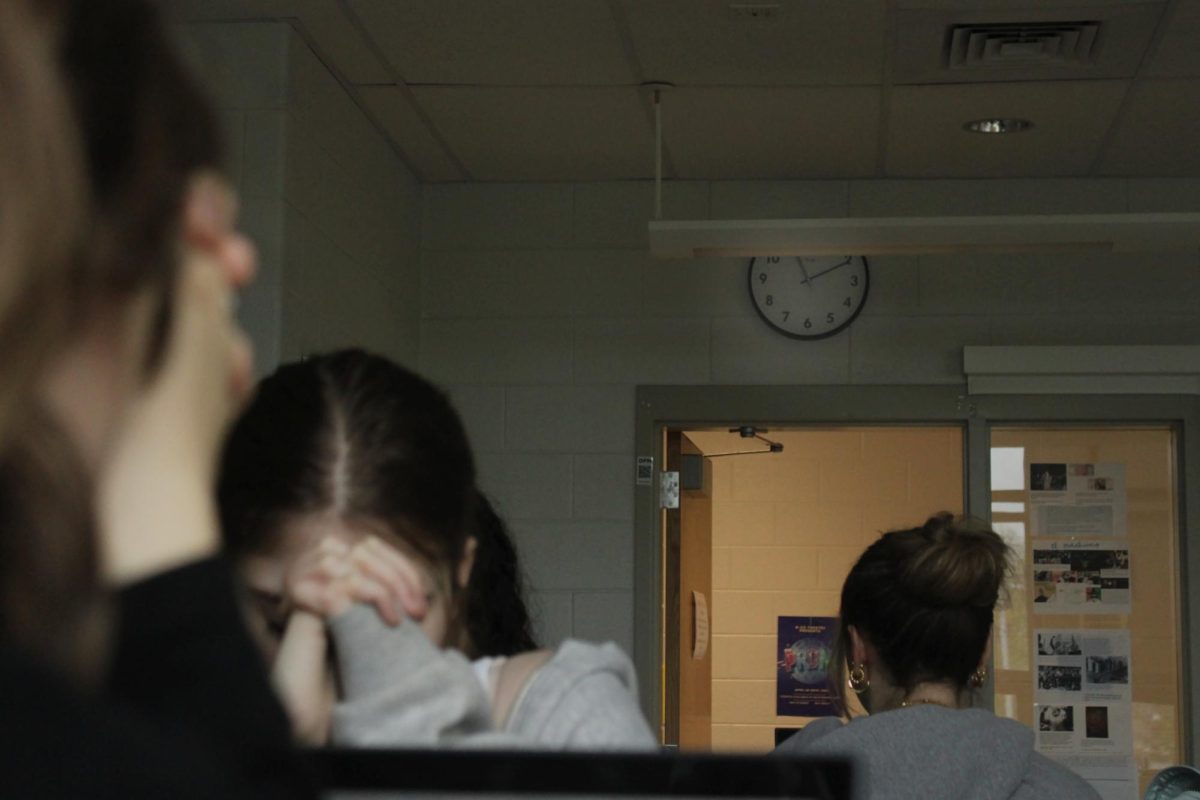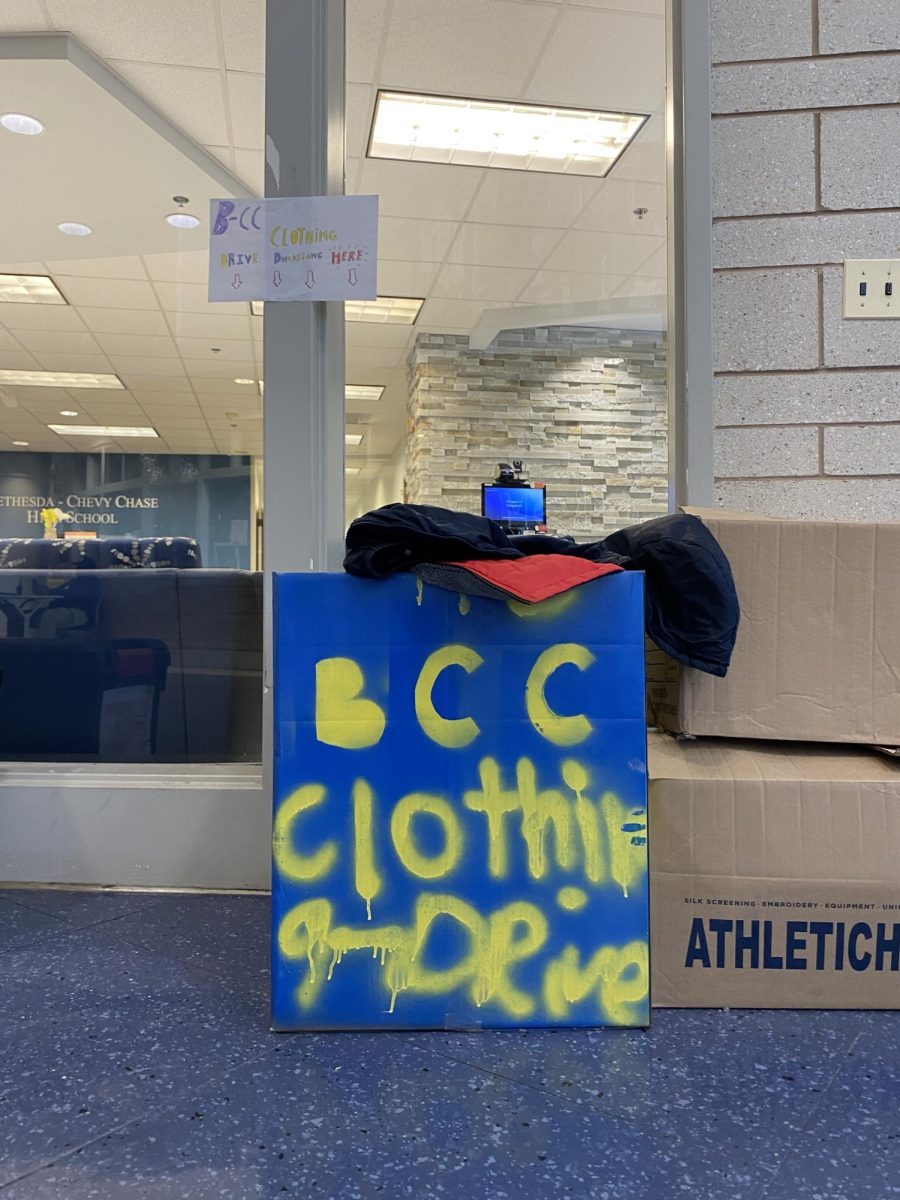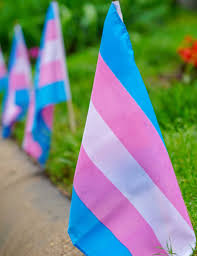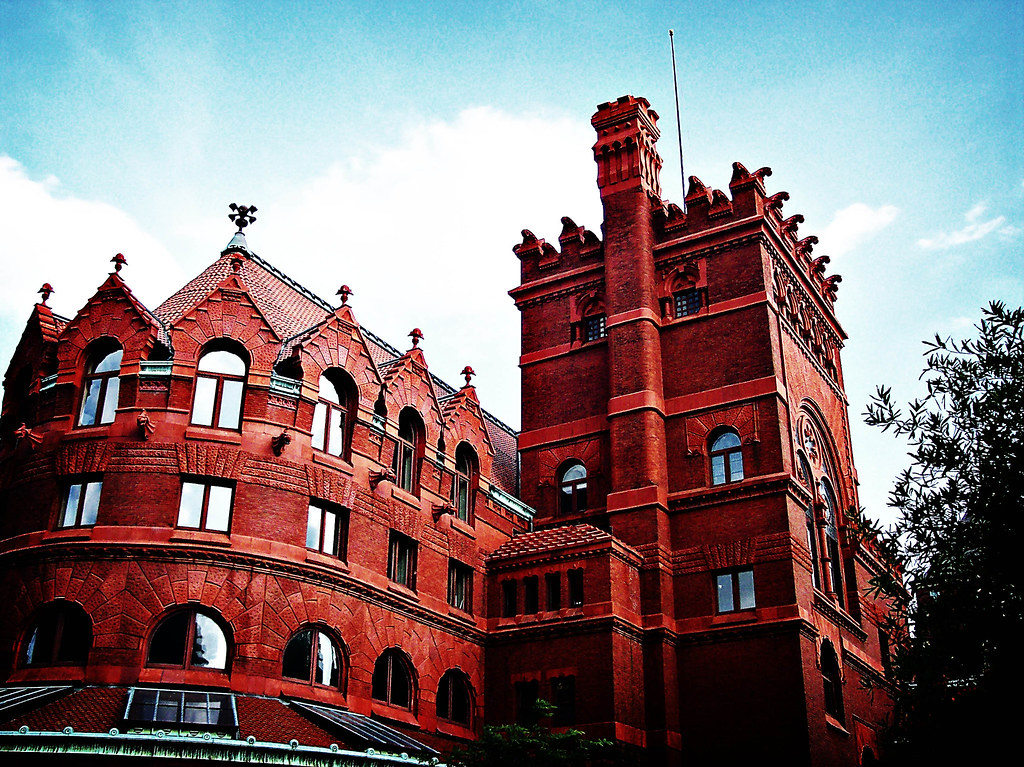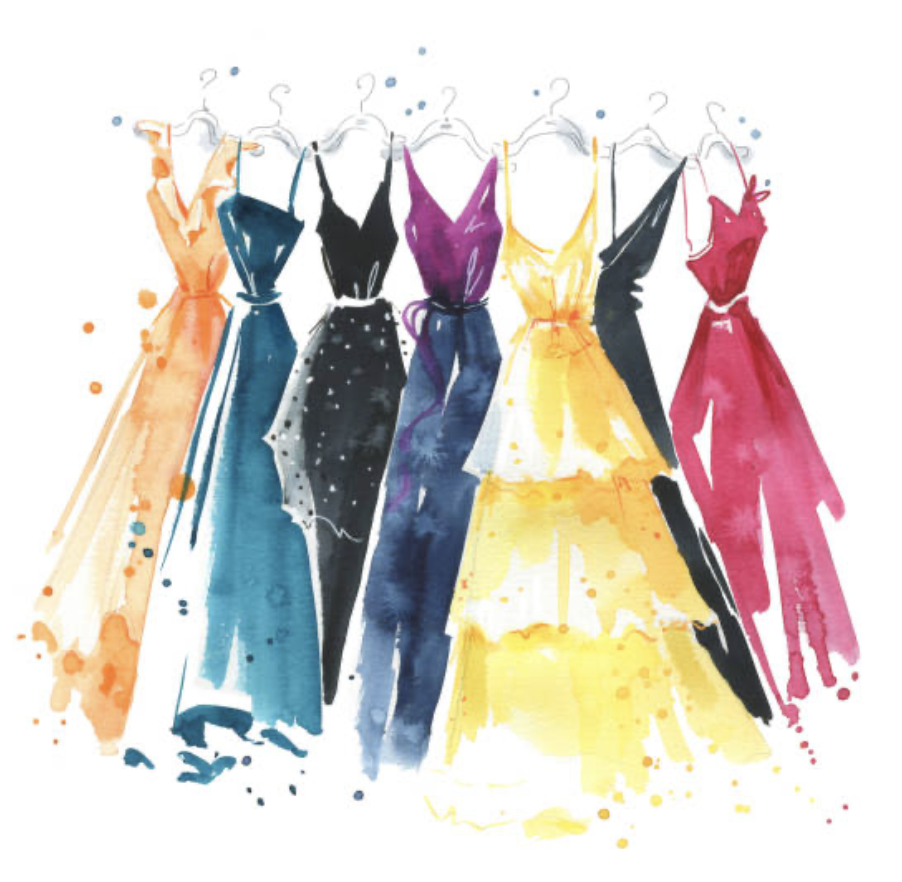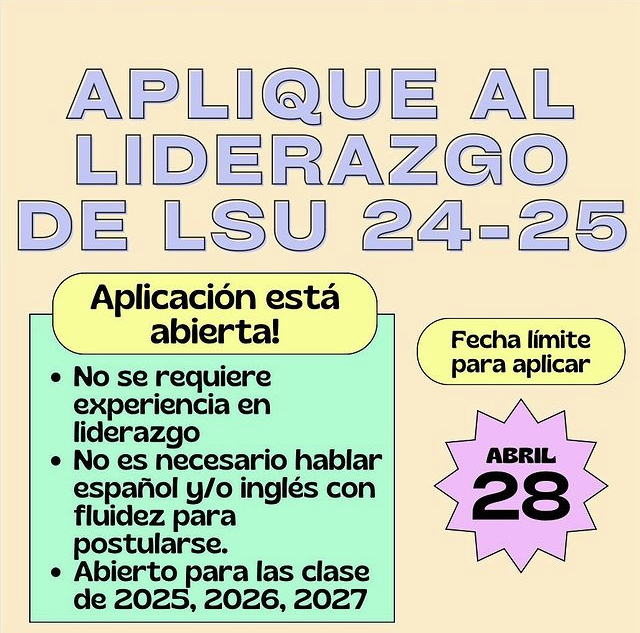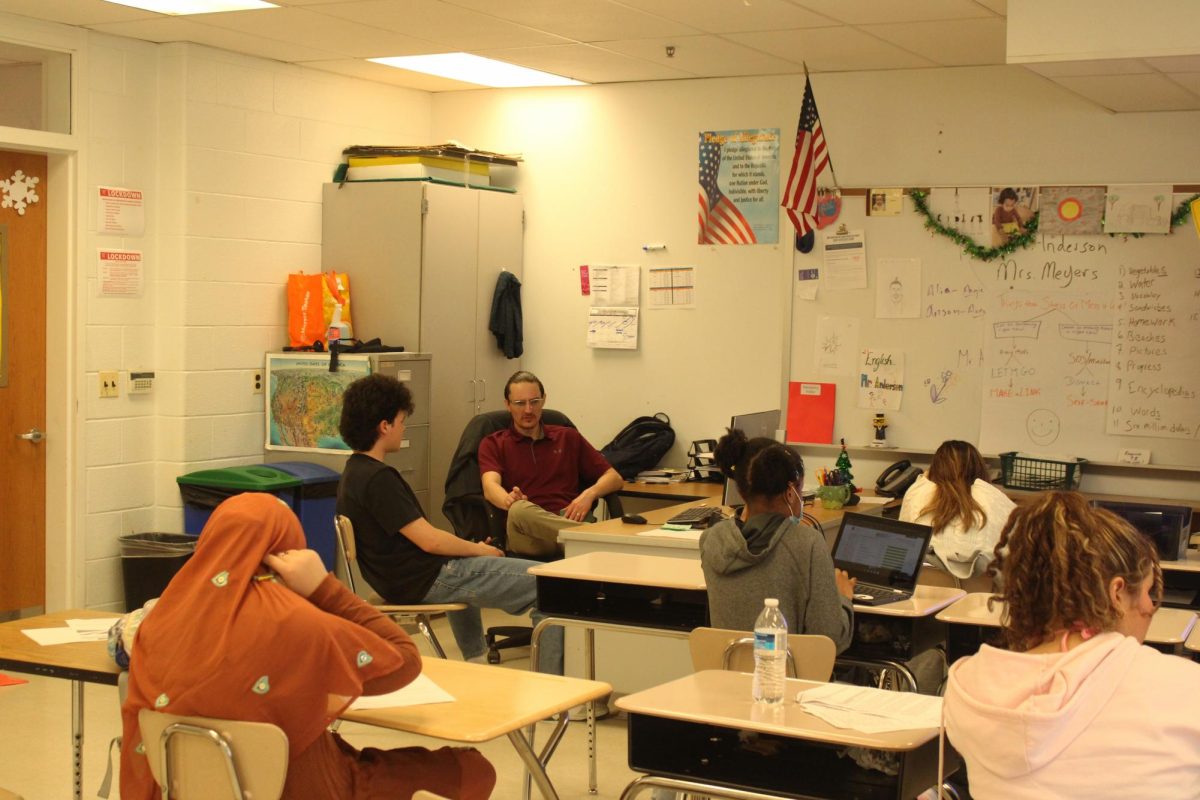In 1990, the prestigious University of Pennsylvania had a 41% acceptance rate; approximately 17% of those admitted were legacies. Today, it stands with a 6.5% acceptance rate with 14% of those admitted being legacies. This exposes legacy applicants’ privileged position despite the significantly decreasing acceptance rates (according to the Daily Pennsylvania).
The University of Pennsylvania isn’t an outlier as most top-100 universities have dramatically reduced their acceptance rates, while legacy admission rates have remained generally constant. This proves a persistent advantage that cannot be ignored, as legacy status is deeply rooted in society’s tendency to marginalize some groups of people.
College counselor, Ms. Heald, shared, “I am not a big fan [of legacy admissions],” adding, “I think that the student needs to get in based on their own merit.”
Arguably, those most adversely affected are minorities, as legacy-admitted students tend to be white and have a high socioeconomic status. However, affirmative action laws providing consideration of race in college admissions were reviewed and deemed unconstitutional by the Supreme Court in 2023. “At Harvard, seven in 10 [legacy admissions] were [white], according to a 2019 analysis of data before the court,” states the New York Times. This is, at least in part, because prestigious institutions did not accept students of color until the end of World War II through 1975. Hence, this exposes that alumni from selective colleges and universities have historically been of a certain demographic, which only deepens the inequality gap mirrored by legacy admissions today.
These policies not only perpetuate entrenched racial disparities, but they hinder efforts to promote diversity – and with it, diversity of ideas and viewpoints – on campuses. In September 2023, the Education Department released a report encouraging institutions to reconsider legacy preferences, stating, “[They] can hinder socioeconomic and racial diversity and further benefit privileged students instead of expanding opportunity.” In fact, some refer to legacies as affirmative action for the privileged.
Sophomore Avital Baer said, “I think that [legacy admissions] don’t benefit the atmosphere, the environment, the inclusion, and overall experience of individuals at the university, and that is coming from someone who is a legacy to a competitive university myself.”
Despite the controversy surrounding this practice, a survey from 2018 by Inside Higher Ed revealed that, notably, it’s the schools with an acceptance rate of less than 25% where this practice is most prevalent. Another study by a Harvard economist exposed that legacy applicants were four times more likely to be admitted than those with similar test scores and grades but were non-legacy applicants.
The practice of admitting legacies over other qualified candidates challenges the ideals of fairness upon which higher education claims to stand, urging a profound reconsideration of the values many universities uphold.
Sophomore Simone Pulerwitz-Waisbord shared, “Statistically a lot of people of color who apply to colleges are first-generation college students and they don’t have legacies.” While so many arrive to the United States to offer the American dream to their children, a bias toward legacy students may ultimately jeopardize their ability to achieve it. Students from underrepresented backgrounds who compete against legacy applicants face an overwhelming and unjust obstacle to overcome. “For kids that are first-gen or low-income, their parents might not have been able to go to an Ivy League or a top-tier school. So they might not have the same opportunity, but maybe they worked twice as hard as the students who went to that school. So, how is that fair?” asked Ms. Heald.
On the other hand, many argue that legacy admissions play a crucial role in preserving cherished traditions within prestigious institutions. This asserts that legacies contribute to the rich tapestry of institutional history, fostering a deep-seated connection to the alma mater that spans generations. This system eventually helps sustain funding through a loyal base of alumni donors. However, the question remains: while legacies help preserve a long-lasting tradition, is it worth maintaining a tradition that is substantially racialized?
Whether legacy admissions will remain prevalent in years to come is still up in the air. Nevertheless, according to the New York Times, “Some selective private colleges, like Wesleyan, have ended the legacy preference, and the practice has been banned at Colorado’s public colleges,” which suggests that the bridge between the past and the future of legacy admissions may be shifting. After the controversial decision regarding affirmative action, numerous lawsuits were brought against legacy admissions to have at least some degree of transparency and accountability in the process. Ivan Espinoza-Madrigal, Executive Director of Boston-based nonprofit Lawyers for Civil Rights, said: “Your family’s last name and the size of your bank account are not a measure of merit and should have no bearing on the college admissions process.”
Clearly, universities should get behind the values they claim to uphold by abandoning legacy admissions and starting a new legacy – one rooted in embracing an increasingly diverse world.




